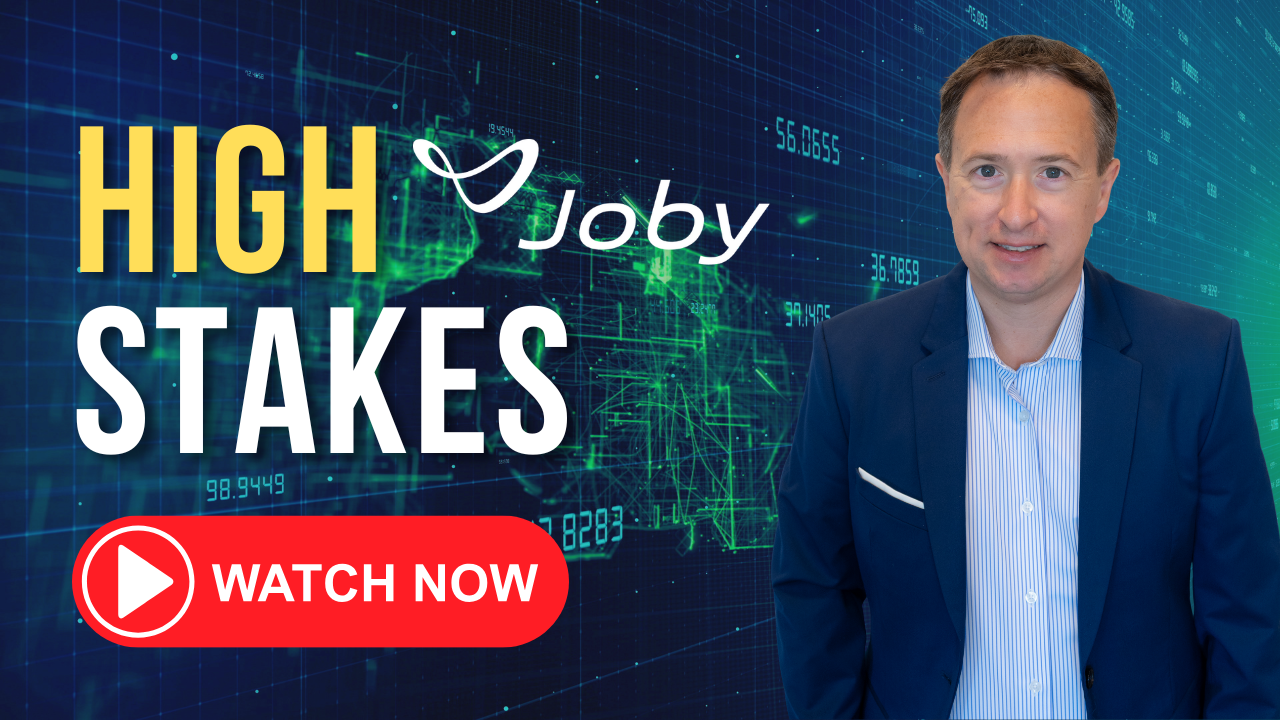"People want to own their music."
-- Steve Jobs, 2007
It's now been over a decade since the Apple (AAPL 0.65%) co-founder made that proclamation, and in retrospect, it couldn't be more wrong. The subscription-based access model of streaming music is largely responsible for propping up the music industry's economics after being eroded for two decades due to things like piracy and distribution on free platforms.

Image source: Apple.
The times, they are a-changin'
Jobs resisted the idea for years. For example, Jobs argued in 2003:
People have told us over and over and over again, they don't want to rent their music. Just to make that perfectly clear: Music's not like a video. Your favorite movie you may watch 10 times in your life; your favorite song you're going to listen to a thousand times in your life. If it costs you $10 a month, or over $100 a year, for a subscription fee to rent that song, that means for me to listen to my favorite song in 10 years I paid over $1,000 in subscription fees to listen to my favorite song 10 years from now, and that just doesn't fly with customers. They don't want subscriptions.
Other criticisms from Jobs included the fact that if you canceled your subscription you would lose access to all of the content (including your favorite song), and companies could theoretically increase prices over time after users are effectively locked in. "The subscription model of buying music is bankrupt," Jobs also said around the same time.
Of course, things have changed dramatically in the past 15 years, and subscription-based music streaming is now the preferred way for modern consumers to listen to music. Look no further than Spotify's (SPOT 1.92%) meteoric rise to become the dominant music streaming platform for proof. Apple and Spotify now command approximately 110 million paid subscribers combined, and the latter enjoyed a successful public debut today.

Image source: Spotify.
It's possible that Jobs' philosophical disdain of subscription music services contributed to Apple's tardiness in the market, as the Mac maker didn't launch Apple Music until 2015 in the face of declining sales of downloads. This only amplified Spotify's first-mover advantage, which has given the Swedish company unprecedented scale and weight in the music industry.
You could even argue that Spotify's influence on the music industry today is comparable to Apple's position in the early 2000s when iTunes took off and became the leading digital distribution platform for purchased downloads.
The fundamental flaw in Jobs' argument above is that people aren't just paying subscription fees to get access to one song. They're paying for access to a massive catalog of content (Apple Music has 40 million songs and Spotify has 35 million songs), including their favorite song but also ones they've never even listened to.
To quote one of Jobs' favorite musicians of all time: "The times, they are a-changin'."
"We are in the discovery business."
You can't overstate the importance of content discovery in the digital age, and that's one of Spotify's greatest advantages over Apple. When you include ad-supported users, Spotify now has approximately 170 million monthly active users (MAUs). While it takes about a year for Spotify to break even on free users after they convert to paying subscriptions, Spotify is able to immediately harness the user data it collects from its entire user base to improve its discovery algorithms.
Under the traditional purchasing model, users primarily rely on third-party sources to discover new content -- everything from broadcast radio to social recommendations from friends and family to other forms of media. But Spotify's platform is built directly on discovery. "We are in the discovery business," Spotify wrote in its prospectus.
Once a listener discovers new music within the platform itself, they're able to add it to their libraries at no additional cost. In contrast, you used to have to go out and purchase the music separately after getting exposed to it from some third-party source. In other words, the subscription-based access model lends itself better to content discovery, which strongly reinforces the value perception to consumers.
In some ways, the subscription model is arguably more cost effective for music aficionados looking to discover more music.
What are you even "buying" anyway?
The irony here is that even when you "buy" music on iTunes, you still don't actually "own" it in the same sense that you might own a physical CD or record. Technically speaking, what you're purchasing is a non-transferrable perpetual license to the underlying music content.
You probably don't remember when action star Bruce Willis got entangled in a legal battle with Apple years ago over his desire to give his extensive iTunes music collection (worth thousands of dollars) to his daughters upon his death, which would technically violate Apple's terms and conditions. Such is the legal cost of digitization.
One thing is now clear: Subscription-based access is the way to go, and Apple Music has some catching up to do.






